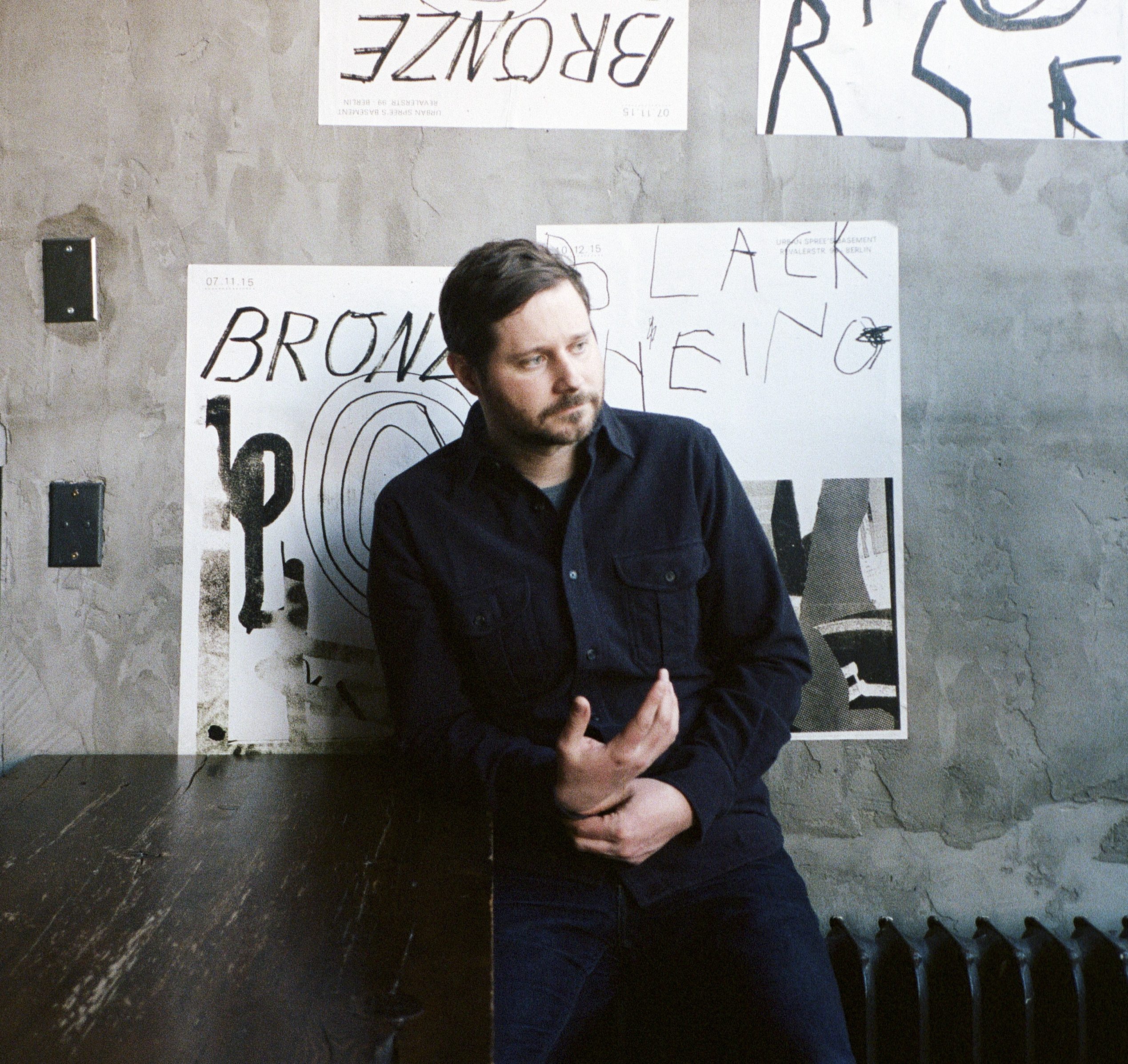Canadian musician Dan Mangan took some much-needed time off the usual album-tour-album-tour wheel a few years ago. In that time he became a father while scoring film and television shows.
However, at the same time, Mangan was writing songs for a new album while trying to find the balance between his hectic touring past and his current non-nomadic lifestyle.
“I had this exterior public identity and then really invested in the sort of insular domestic dad identity,” he says. “I started to feel estranged from the previous identity and this record was largely me writing about what you know. And what I knew the past few years was this cognitive limbo between these two worlds and trying to figure out exactly where I stand and how I feel.”
The album, More Or Less, is a far leaner but instantly lovable collection that uses the “less is more” approach to perfection. Mangan, who plays Toronto’s Danforth Music Hall Jan. 31, says working with producers Simone Felice and Drew Brown helped sculpt the album’s tone, especially Brown.
“He had a very specific idea in mind of how he wanted to proceed in terms of the recording process,” Mangan says of Brown. “It took almost two years to get me and Drew and (drummer) Joey Waronker and (guitarist) Jason Falkner and Darrell Thorp at Studio 2 in EastWest Studios in Los Angeles. The whole time that we were waiting and waiting and waiting and trying to arrange it he kept saying to me, ‘You have a bunch of great songs but I want you to keep writing.’ Some of my favourite work on the record are songs that I wrote literally just in the last couple of weeks before we got into the studio.”
The sparseness took some time for Mangan to wrap his head around but was pleased with the result. A perfect example is the leadoff track “Lynchpin” which Brown put the brakes on in the studio.
“For most of the song it’s just vocal, drums and bass,” he says. “We’d get this great bed track and I’d be like, ‘Man, I can’t wait to add 15 or 20 different things to that.’ He’d be like, ‘Well I think it’s almost done.’ He’d say, ‘I think you’ll be lucky if you can convince me of adding two or three things to that.’ He just really wanted it to be sparse, he wanted every element of the record to be great.”
Another gem is “Just Fear” which Mangan penned after both the 2016 American Presidential election and the birth of his second son.
“It was an interesting tumultuous political moment and at the same time I was rocking this baby to sleep and getting to know this perfect little newborn child,” he says. “The whole world is freaking out and if I look on my phone on Twitter or something everything is blowing up, it’s crazy. Inwardly I was having this beautiful love affair with this new baby. The dissonance between those two experiences was really interesting.”
Perhaps just as chaotic but memorable was when he was robbed of nearly everything except his “prized guitar” while recording in Los Angeles. The theft left him running around to the Los Angeles Police Department and the Canadian consulate to get a new passport.
However, the silver lining was meeting Paul McCartney hours later who was in an adjacent studio.
“I get to the studio and we start working on this song called ‘Lay Low.’ And he just kind of pops his head in, ‘Oh sorry.’ They brought him back in and he hung out for maybe 25 minutes or so and chit-chatted, listened to the song. I ran into him about an hour later in the studio. He said, ‘Oh I was thinking about your song.’
“I couldn’t believe it, it was mind-blowing that I was here working with these incredible musicians who had worked with so many of my heroes. Then Paul McCartney’s here and he tells me he’s
thinking about my song! My older son’s name is Jude so I’ve spent a great deal of time thinking about his songs. It was just a real beautiful moment.”
Following this current Canadian trek, Mangan heads to the States for another round of shows in March. From there it’s to Europe, some probable summer festival dates, a second North American jaunt before one more European trek.
“I used to burn out after seven or eight weeks,” he says. “Now I have a really hard time being gone for more than two or three weeks. I think my wife feels the same way. Not that she misses me but she’s ready to hand the kids off to somebody.”


